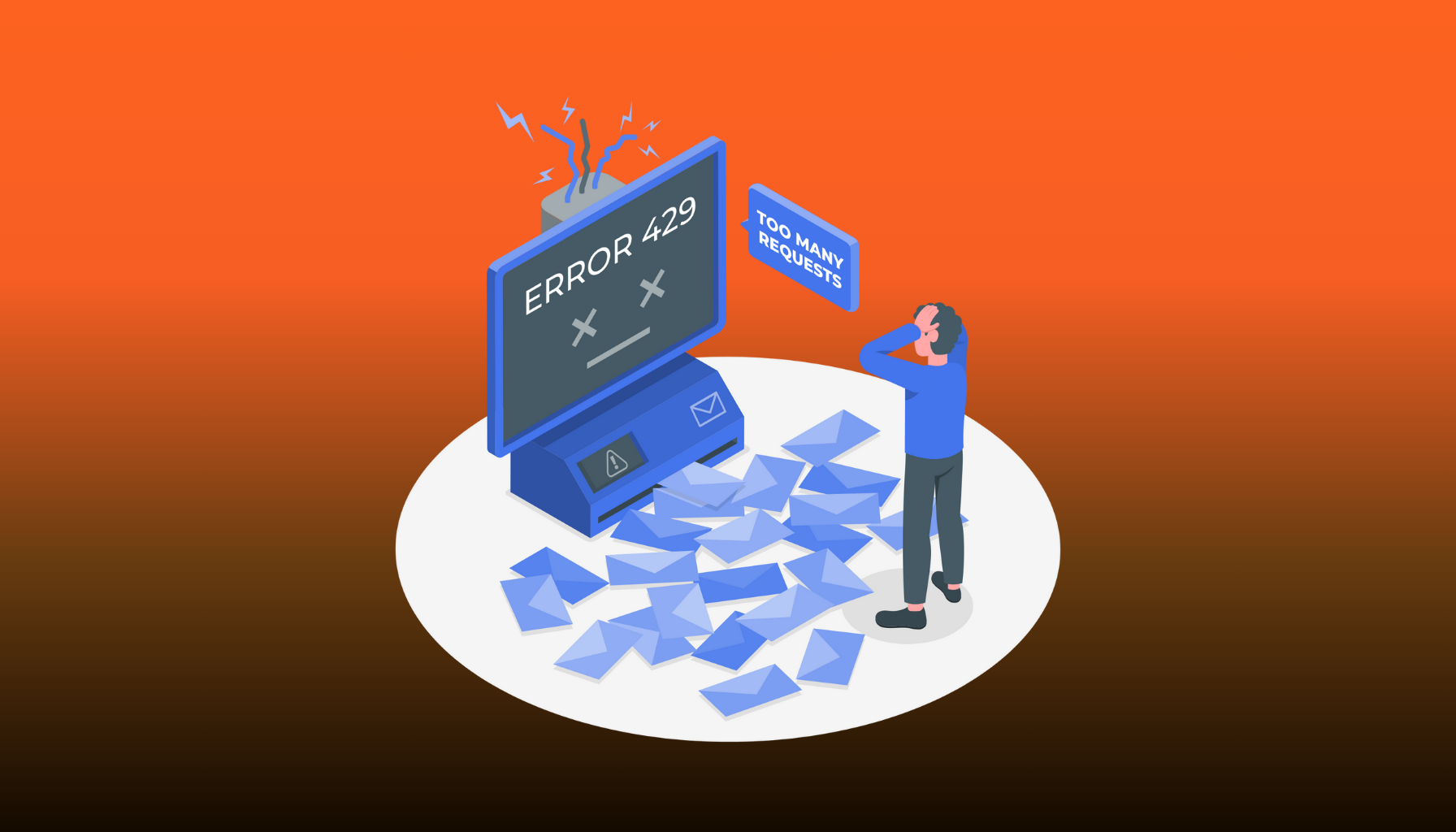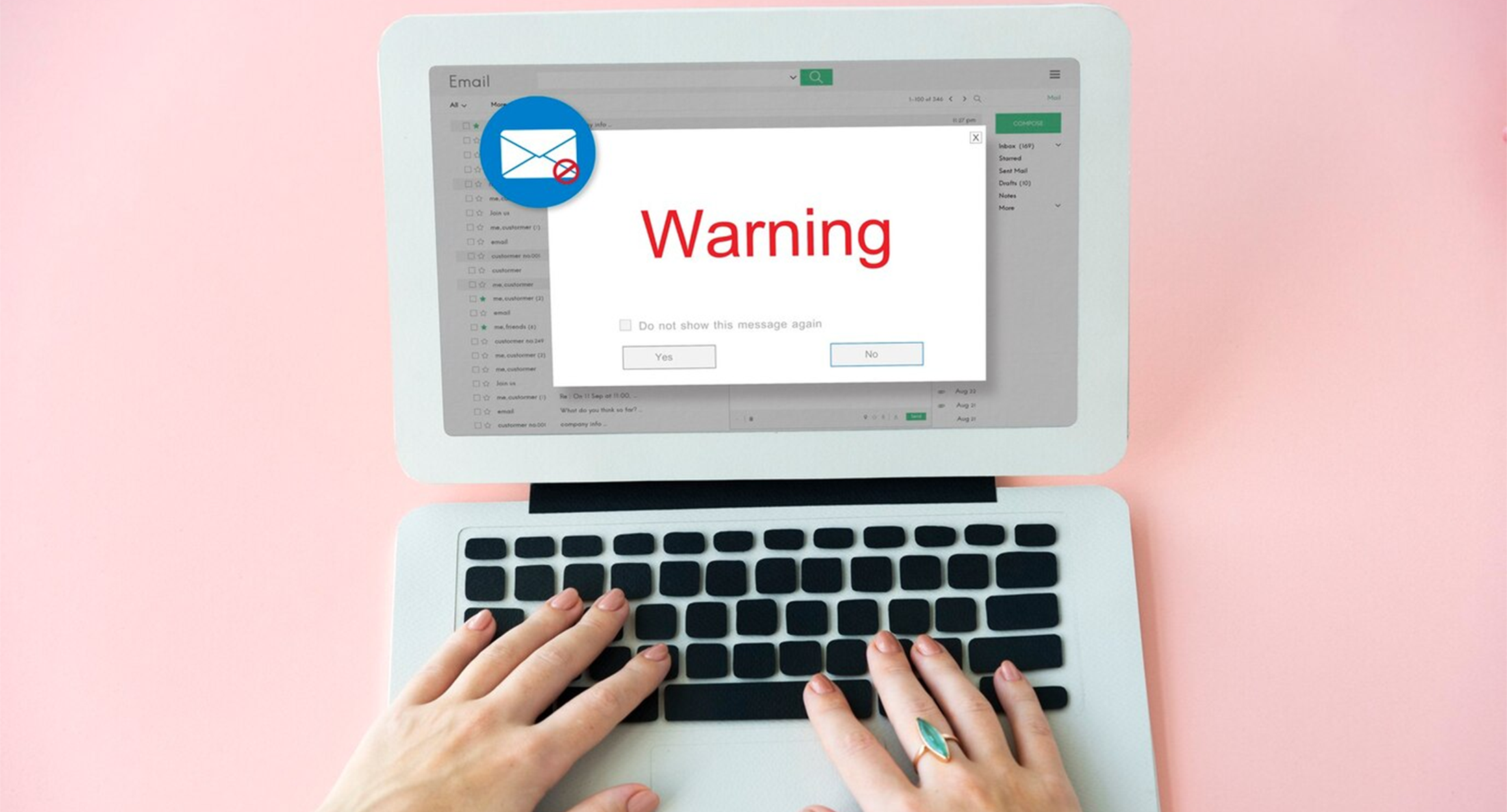Top 4 Common Cold Email Mistakes

Common cold email mistakes! It sounds like a big loop but it is not. Cold emailing is a crucial skill for anyone to scale their respective business in the professional world, especially for freshers trying to make a mark in their chosen fields. However, many fall into common traps in terms of common mistakes in cold emails that can make their emails less effective or even detrimental.
Understanding and avoiding these cold email errors can significantly increase your chances of getting a positive response and generative leads. Here, we will discuss the four top common cold email mistakes with examples and tips on how to avoid them, especially pertinent for freshers and professionals in India. Keep reading to know more about how to avoid cold email mistakes and get a positive response ahead.

Top 4 Common Cold Email Mistakes To Avoid
Lack of Personalization
One of the most cold email blunders is the lack of personalization. Sending a generic email that could be sent to anyone shows a lack of effort and can result in your email being ignored or marked as spam.
For Instance:
Subject: Job Inquiry
“Dear Sir/Madam,
I am writing to inquire about job opportunities at your esteemed organization.
Regards,
[Your Name]
Why It’s a Mistake: This particular email is vague and impersonal. The recipient feels like they are just another name on a long list rather than a valued contact.
How to Avoid: Research the recipient and tailor your email to reflect your findings. Mention specifics about the company or the individual’s work.
Improved Example:
Subject: Interested in Marketing Opportunities at [Company Name]
“Dear Mr. Sharma,
I recently read your article on digital marketing trends in India and was inspired by your insights on leveraging social media analytics. As a recent marketing graduate from [University], I am eager to apply my skills in a dynamic environment like [Company Name]. Please find my resume attached.
Best Regards,
[Your Name]”
Overly Lengthy Emails
Another common mistake pitfalls is writing emails that are too long. Busy professionals do not have the time to read lengthy emails and may miss the main point or skip your email altogether.
For Instance:
Subject: Seeking Internship Opportunities
“Dear [Recipient Name],
I hope this email finds you well. My name is [Your Name], I have recently graduated from [University]. I am extremely interested in finding an internship in your esteemed organization. I have always been passionate about [Industry] and have gained experience in [Relevant Skill]. I have worked on several projects, including [Project Example], where I did [Specific Task]. Additionally, I have participated in various extracurricular activities that have helped me develop my skills in [Skill]. I believe I would be an excellent fit for your team and would appreciate the opportunity to discuss how I can contribute to [Company Name].
Looking forward to your response.
Best Regards,
[Your Name]”
Why It’s a Mistake: This email contains too much information, which can overwhelm the reader and obscure the main point.
How to Avoid: Keep your email concise and focused. Highlight key points and leave additional details for a follow-up conversation or attachment.
Improved Example:
Subject: Application for Internship Opportunity
“Dear [Recipient Name],
My name is [Your Name], a recent graduate from [University]. I am writing to express my interest in an internship at [Company Name]. I have a strong background in [Relevant Skill] and have worked on projects like [Project Example], where I [Specific Task]. I would love the opportunity to discuss how my skills can contribute to your team.
Best Regards,
[Your Name]”
Failing to Provide Value
One of the most critical cold email mistakes for freshers is not offering any value to the recipient. Simply asking for help or opportunities without showing how you can be beneficial to them is unlikely to get a positive response.
For Instance:
Subject: Job Application
“Dear [Recipient Name],
I am looking for an opportunity to work at your company. Can you help me?
Regards,
[Your Name]”
Why It’s a Mistake: This email is entirely focused on the sender’s needs without offering any value to the recipient.
How to Avoid: Highlight how you can add value to the recipient’s organization or role. Show that you have done your homework and understand their needs.
Improved Example:
Subject: Bringing Data Analytics Expertise to [Company Name]
“Dear [Recipient Name],
I have been following [Company Name]’s innovative work in data analytics and am excited about the opportunity to contribute. With my background in [Specific Skill], including a project where I improved [Specific Metric], I am confident I can add value to your team. Please find my resume attached.
Best Regards,
[Your Name]”
Ignoring Follow-Up Etiquette
Not following up appropriately or bombarding the recipient with emails are both detrimental. It’s crucial to strike the right balance in follow-up communication.
For Instance:
Initial Email:
Subject: Application for Marketing Position
“Dear [Recipient Name],
I recently applied for the marketing position at [Company Name]. I am very interested in this opportunity and believe I am a good fit. Please find my resume attached.
Best Regards,
[Your Name]”
Follow-Up Email (Next Day):
Subject: Following Up on My Application
“Dear [Recipient Name],
I wanted to follow up on my previous email regarding the marketing position. I eagerly want to discuss this opportunity.
Best Regards,
[Your Name]”
Why It’s a Mistake: Following up too soon or too frequently can come across as desperate and disrespectful of the recipient’s time.
How to Avoid: Allow sufficient time between your initial email and follow-up. Generally, a week is appropriate. Be polite and concise in your follow-up.
Improved Example:
Initial Email:
Subject: Application for Marketing Position
“Dear [Recipient Name],
I recently applied for the marketing position at [Company Name]. I am very interested in this opportunity and believe I am a good fit. Please find my resume attached.
Best Regards,
[Your Name]”
Follow-Up Email (After One Week):
Subject: Following Up on Marketing Position Application
“Dear [Recipient Name],
I wanted to follow up on my application for the marketing position submitted last week. I am very enthusiastic about the opportunity to join your team at [Company Name] and contribute to [Specific Project/Goal]. Thank you for considering my application. I look forward to working with your team and gaining positive results.
Best Regards,
[Your Name]”
Conclusion
Cold emailing, especially for freshers in India, can be a powerful tool when done correctly. Avoiding these common cold email mistakes can significantly enhance your chances of receiving a positive response. Personalize your emails, keep them concise, provide value, and follow up appropriately. By adhering to these principles, you can make a stronger impression and improve your professional opportunities.
